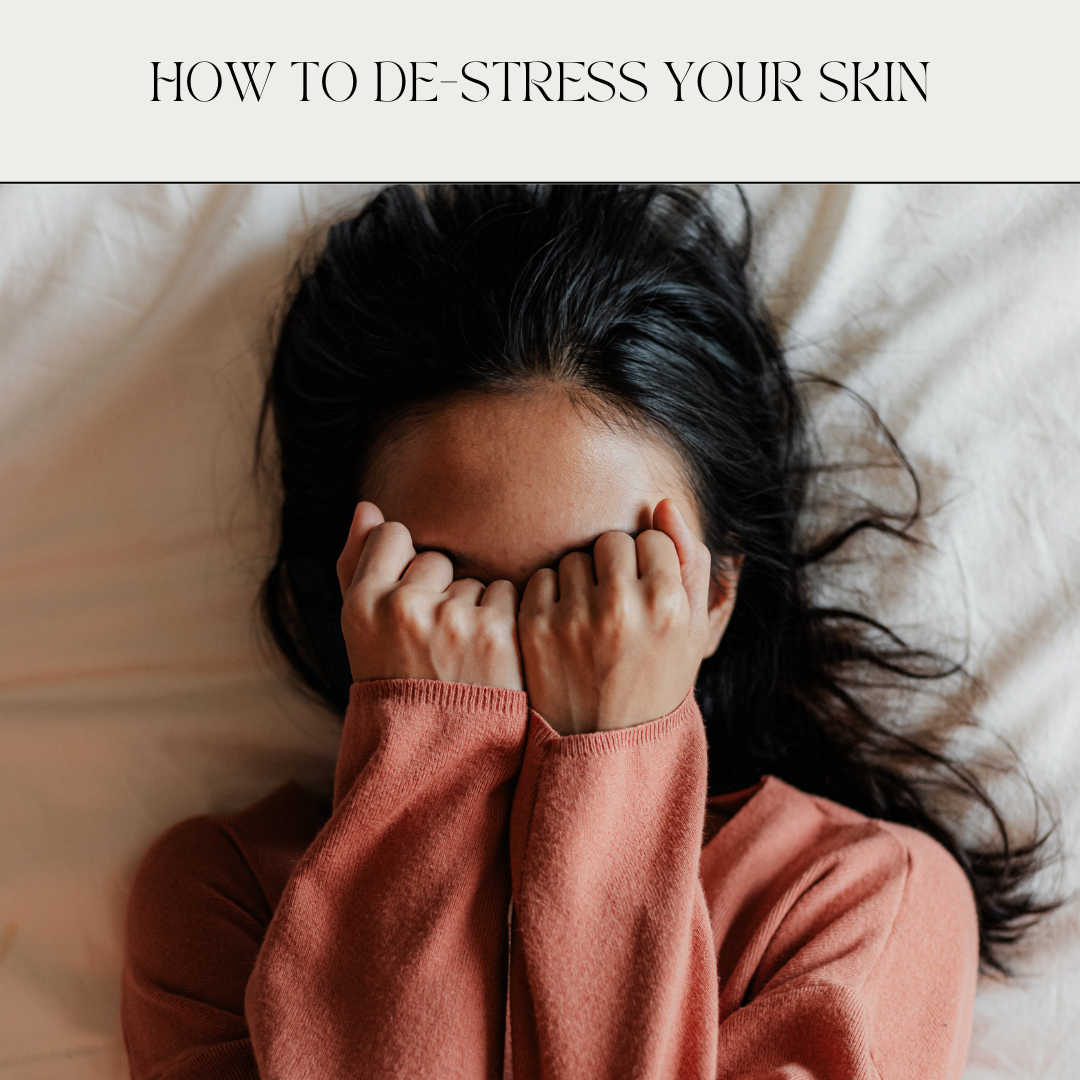
Advice on How to De-Stress Your Skin
Share
Feeling stressed is common in our lives, and it often impacts our skin. Here’s why stress affects our skin and how to de-stress it.
Why Stress Affects Our Skin
When stressed, the body produces hormones like adrenaline and cortisol, and proteins that trigger inflammation. This can worsen skin conditions such as psoriasis, rosacea, and eczema, affecting psychological and social confidence. Stress can also worsen acne and cause oxidative stress, leading to premature ageing.
Worsening skin conditions can negatively impact self-confidence and social interactions, creating a vicious cycle of stress and skin issues.
Treatments and Tips for De-Stressing Your Skin
Depending on your skin concern, treatments like chemical peels, LED, and anti-ageing injectables can help. Here are some tips to keep stressful skin flare-ups at bay:
Eat More Carrots
Carrots are great for your skin. They provide vitamin A, biotin, vitamins K, C, and B6, potassium, and thiamine, all of which help skin cells stay healthy. Cooking can also be a relaxing activity, so try incorporating more carrots into your meals.
Try Knitting
Knitting can reduce depression and anxiety by eliciting a relaxation response, which reduces skin inflammation. If knitting isn't your thing, try other relaxation techniques like writing, painting, meditation, or yoga.

Get Moving
Exercise increases beta-endorphins that fight cortisol's effects. It boosts energy and the immune system, helping with eczema and psoriasis. Adapt your workout to your skin needs by opting for low-impact exercises and wearing loose clothing during flare-ups. Regular exercise also helps delay ageing by increasing mitochondria in cells, which play a protective role in cellular ageing. Cleanse your skin after workouts to remove dirt from pores.
Choose Makeup Carefully
Using more makeup to cover irritated skin can clog pores and trigger inflammation. Opt for mineral-based makeup made of natural ingredients and test new products on an inconspicuous area first. If makeup is unavoidable, apply less, especially foundation, to avoid clogging pores.
Light Therapy
Light therapy treats acne, rosacea, and redness by using focused LED lights. This treatment can improve skin appearance and reduce symptoms of skin conditions. Red light therapy helps with collagen production, reducing inflammation and improving skin texture. Blue light therapy targets acne-causing bacteria and improves congested, oily skin.
Try Distraction Techniques
Anxiety can lead to skin-picking disorder, which can cause scars and spread inflammation. If skin-picking is out of control, visit your GP or dermatologist to prevent lasting damage.
Get Enough Sleep
More sleep reduces stress and anxiety, boosts mood, and makes you feel ready to take on the day. Sleep benefits the skin by increasing blood flow, allowing skin cells to regenerate, and producing growth hormones for collagen. Put down your phone and give your skin an eight-hour rest. For better sleep tips, check out NHS advice.
Following these tips can help you manage stress and keep your skin healthy. If your skin issues persist, book a consultation at The Cosmetic Club.